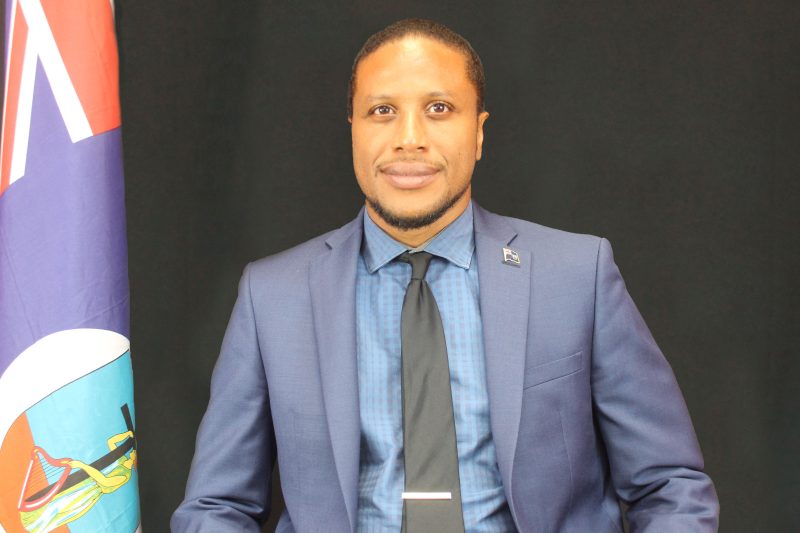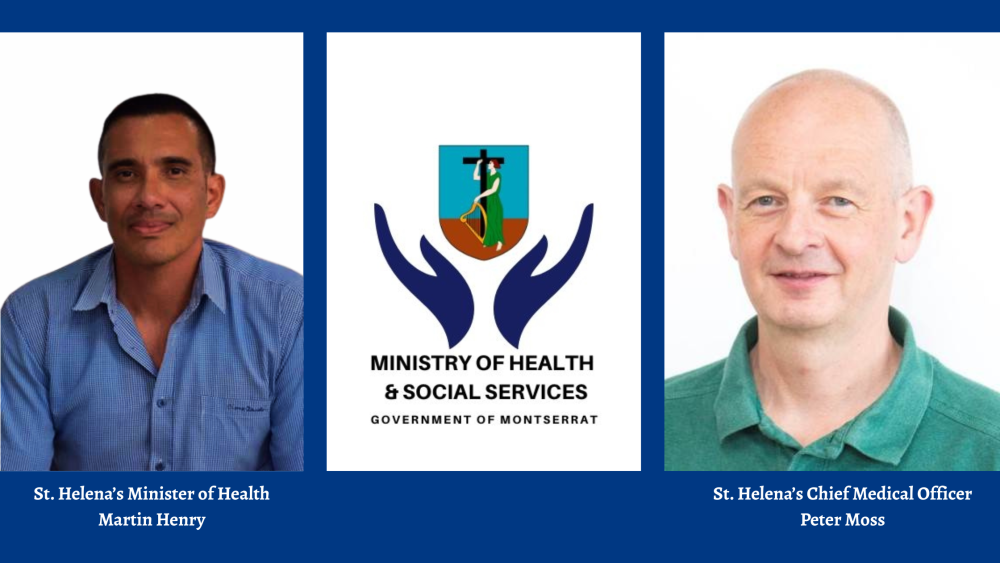Volcanologists do not expect any increase in activity at the Soufrière Hills Volcano in the coming year.
This is the conclusion of the 27th Scientific Advisory Committee (SAC 27) which released their findings Friday, after a week of meetings.
The statement from the committee notes that the volcano “has produced higher rates of degassing and volcano-tectonic earthquakes since around 2019, and these have been sustained over the last 12 months. The longer-term trend of inflation on the island has continued at the same rate as in previous years.
“Measured SO2 fluxes have averaged ~400 tonnes per day over the last 12 months. An average of nine volcano-tectonic earthquakes per week have been observed. Thermal camera images of fumaroles on the dome indicate that the temperature of fumaroles is similar to previous years, with maximum temperatures of 545 °C. Monitoring of ground deformation indicates a slow but continuous lengthening over the island, and a maximum uplift of about one centimetre over the last year. This deformation trend is consistent with that observed over the previous 12 years.
“Taking these observations together, we conclude that the volcano remains in a state of unrest,” the report read.
“The best explanation for this unrest is continued supply of magma and gas from depth to a magmatic reservoir. Thus, a resumption of lava extrusion, or explosions, remain a possibility in the future. However, we consider that the most likely scenario for the next year is a
continuation of the current state.
“The volcano, with its large lava dome, is still a potential source of hazards within Zone V, including explosions, pyroclastic flows and lahars. The chance that explosions or pyroclastic flows will occur within the next year remains low. Continuous monitoring of the volcano
remains essential,” the report ended.
Incoming chair of the SAC, Professor Eliza Calder said SHV has a “very large lava dome and it can collapse and produce pyroclastic flows with little or no warning” making it still necessary to have an Exclusion Zone.
Outgoing chair of the SAC Professor Jurgen Neuberg said the volcano has switched on and off in the past. However, after reviewing years of data, the committee feels more confident that the MVO with its equipment will be able to detect any precursor activity to provide adequate warning to authorities and residents.
Members of the SAC are:
Prof Felix Costa IPGP, Paris
Prof Eliza Calder University of Edinburgh, UK (Chair)
Prof Mike Burton University of Manchester, UK
Prof E Rivalta GFZ Potsdam, Germany & University of Bologna, Italy
Dr Nico Fournier GNS, New Zealand
Dr Graham Ryan Director, MVO; University of the West Indies
Prof Jurgen Neuberg University of Leeds, UK
Listen to Volcano Vibes which provides an in-depth discussion on the new report.
Watch the SAC 27 Press Conference
Discover more from Discover Montserrat
Subscribe to get the latest posts sent to your email.



